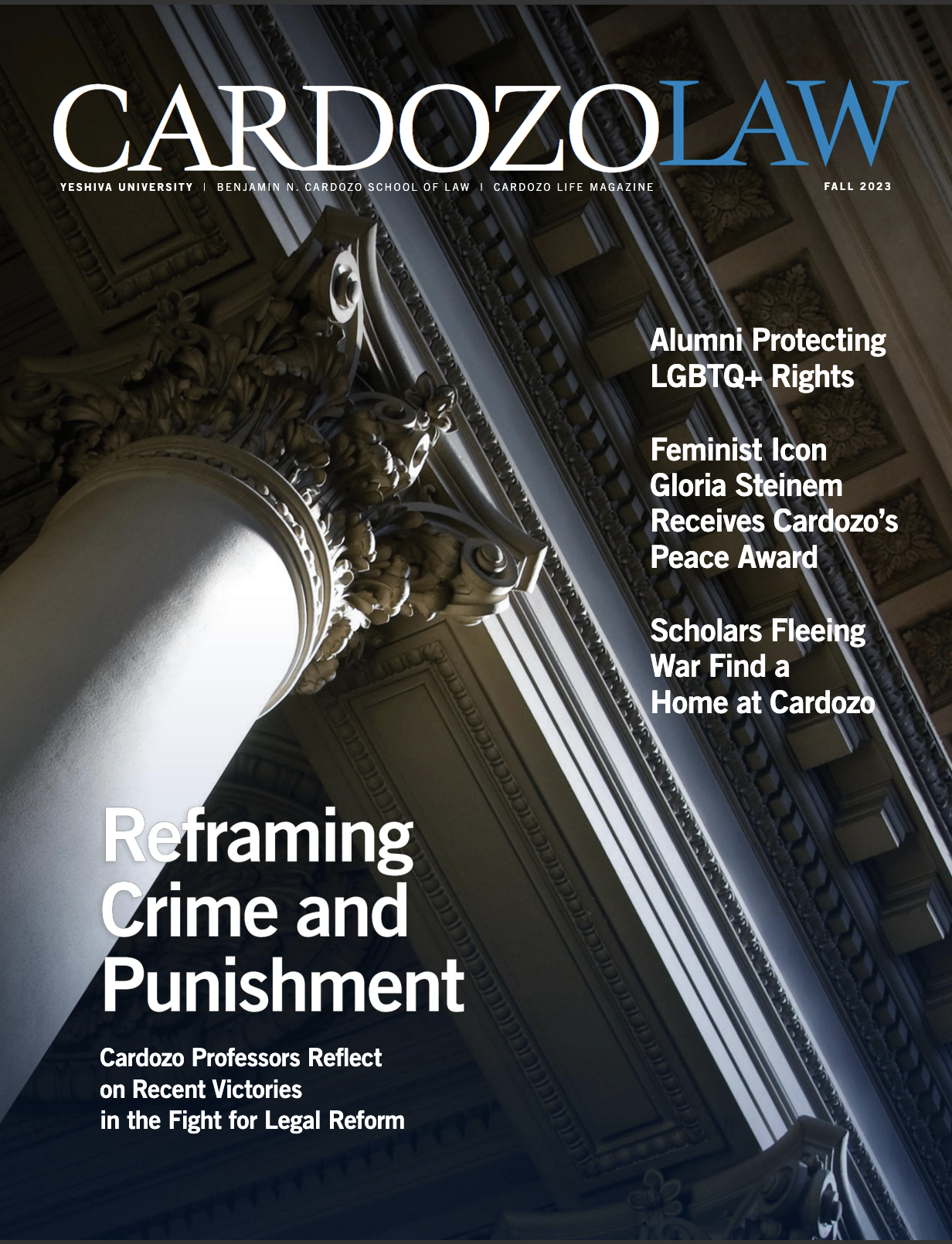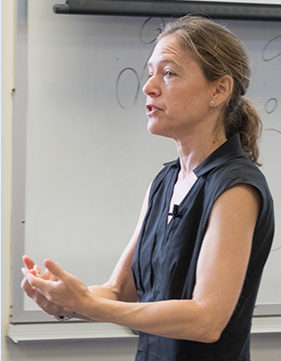
Faculty with Impact
Cardozo Professors in the Media
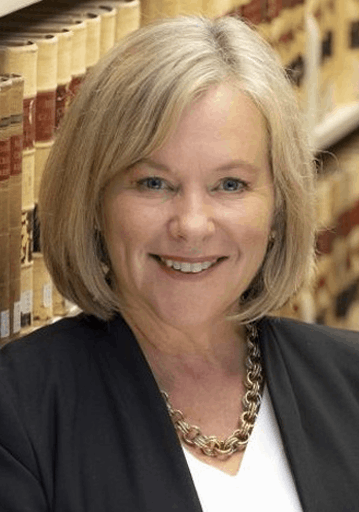

Cardozo's reputation for academic excellence is rooted in the scholarship of our faculty, whose work shapes law and policy. I'm proud to share with you some of the recent works of my colleagues that have appeared in major media outlets. I hope you find them thought-provoking.

DEAN MELANIE LESLIE
Melanie Leslie became dean of Cardozo Law School on July 1, 2015. She is the first Cardozo Law graduate and the first woman to hold the position.
Dean Leslie was the driving force behind a number of important initiatives at the intersection of law, technology, intellectual property, and business, including The FAME Center for fashion, art, media and entertainment law, which prepares students to work in the creative industries through its extensive curricular offerings; The Cardozo Patent Diversity Project, which seeks to increase the number of women and minority innovators receiving patents; The Blockchain Project, which offers classes and symposia on blockchain and regulation; The Center for Rights and Justice; and The Center for Real Estate Law and Policy. Dean Leslie spearheaded the Deans Leadership Academy, an annual virtual conference to provide guidance and skillsets to future law school deans.
A Cardozo professor since 1995, Dean Leslie is a leading scholar in trusts & estates, fiduciary obligations and nonprofit governance. Courses taught include Property, Trusts and Estates, Nonprofit Governance, and Evidence. She has been presented the “Best First-Year Professor” award by three graduating Cardozo classes. She served as Cardozo’s Vice Dean from 2014-15.
Dean Leslie is a prolific scholar whose work has been published by the NYU Law Review, Boston College Law Review, Florida Law Review, William & Mary Law Review, Georgetown Law Journal, and Indiana Law Journal, among others. She is the co-author of a leading casebook, Estates and Trusts, Cases and Materials, as well as Concepts and Insights: Trusts and Estates. Dean Leslie has been a Visiting Associate Professor of Law at New York University School of Law, and a Visiting Professor of Law at Columbia Law School. She has served on the NY State Bar and NYC Bar Joint Committee on the Uniform Trust Code, as a Legal Fellow of the American College of Trusts and Estates Counsel (ACTEC), and on the executive committees of the AALS Sections on Trusts & Estates and Nonprofits and Philanthropy.
Prior to joining the Cardozo Law faculty she clerked for Justice Gary S. Stein of the New Jersey Supreme Court and practiced commercial litigation at Debevoise & Plimpton, Cleary Gottlieb Steen & Hamilton, and McCarter & English.
A native of Las Vegas, Dean Leslie received her B.A. in Theater from the University of Oregon, with honors, before moving to New York City, where she spent several years working as a professional actor and vocalist. She then received her J.D. from Cardozo Law magna cum laude in 1991, where she was the Executive Editor of the Cardozo Law Review.










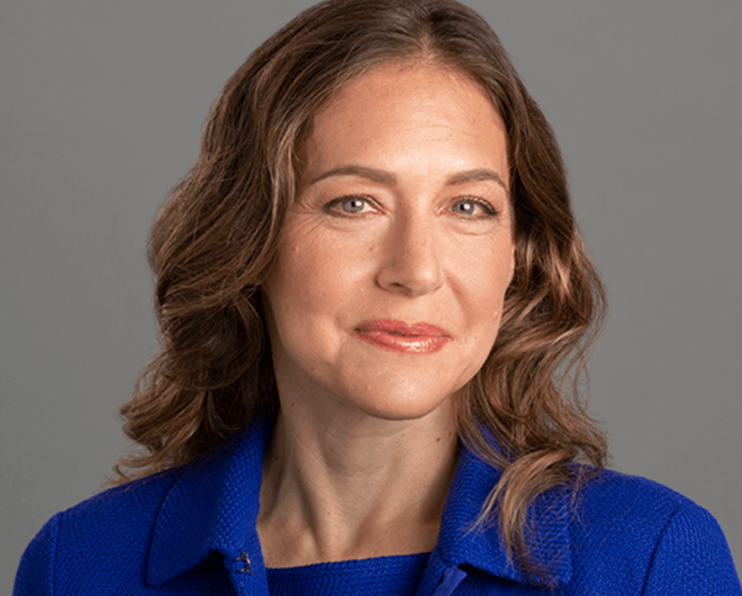
Jessica Roth
CNN
“I think that the throughline through this trial was about the pattern, the consistency of what he had done to those two other women who came forward, with the account that E. Jean Carroll gave and the Access Hollywood tape.”
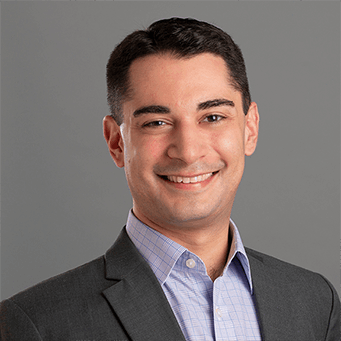
Michael Pollack
Vox
“Most states have some statute on the books that says something about the circumstances under which a court should not enforce a particular HOA (Homeowners Association) rule or something like that, but usually, those statutes are written to say something like a court should not enforce a restriction or the rule if it is totally arbitrary or against public policy, which is a very narrow set of things. It’s almost unheard of for a court to intervene in the day-to-day.”
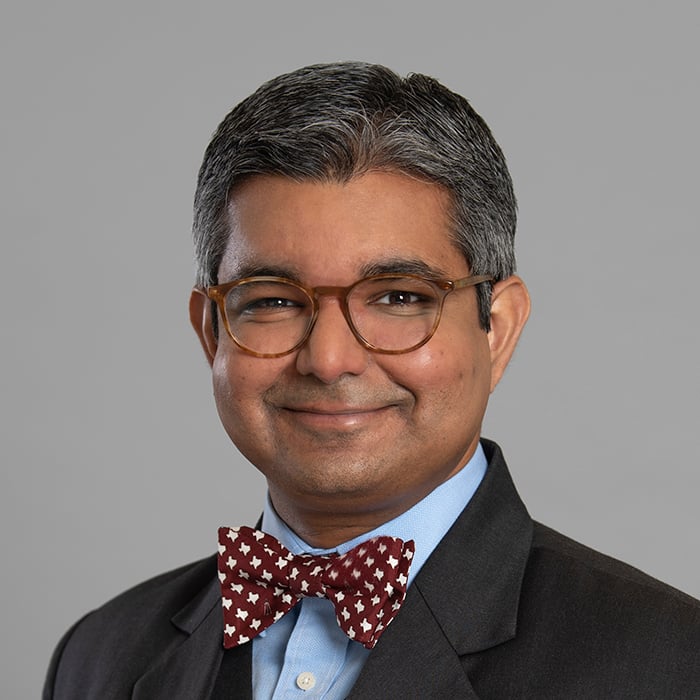
Saurabh Vishnubhakat
Law 360
“There’s a finding here that Judge Fitzpatrick’s belief that expanded panel rehearings in the Adidas-Nike case was unlawful. It’s likely the office will appeal to get a contrary holding, one that says that any belief that this is unlawful can’t be reasonable because as long as a belief to the contrary is reasonable, there’s a cloud of doubt of legality over what they are capable of doing under the [office’s] standard operating procedure.”
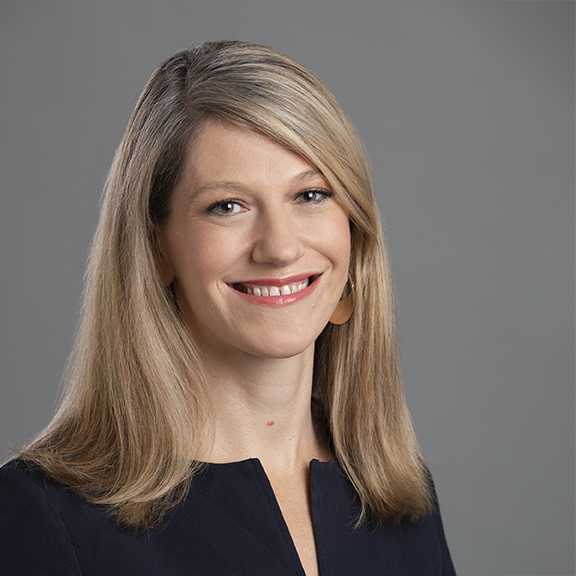
Kathryn Miller
Bloomberg
“The history of the death penalty is a history of arbitrariness. The process of “death qualification” bars jurors who are opposed to the death penalty from serving on capital punishment juries, which she said can result in a skewed and biased jury.”
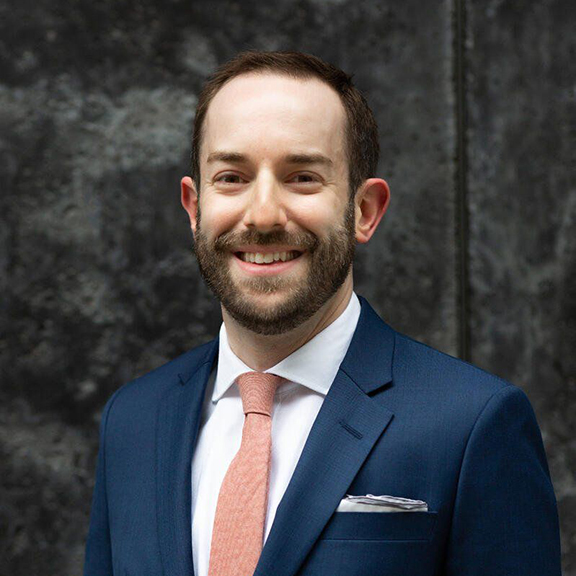
Jacob Noti-Victor
Law 360
“The mashup was likely supposed to indicate that Sheeran was familiar with “Let’s Get It On” and that he understood some of the technical similarities—such that it “wouldn’t be a reach to sort of circumstantially conclude he copied the song. But from what I understand, this is the kind of thing that musicians [and] songwriters love playing around with —especially because with pop music, there are so many common chord [progressions] that occur. I wouldn’t have read it as a smoking gun, and I’m glad the jury didn’t either.”
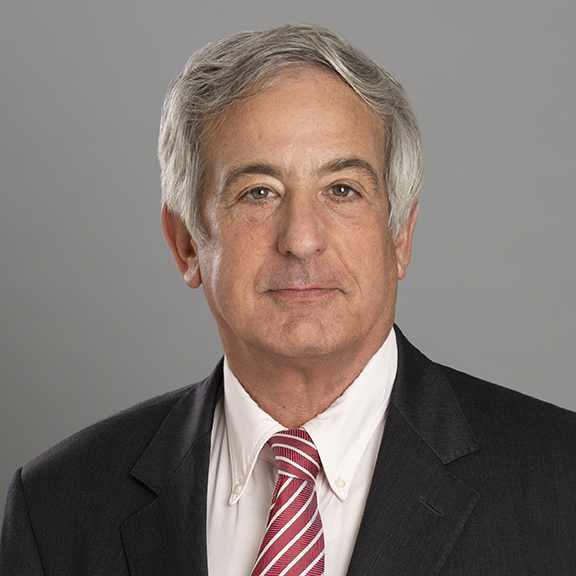
Edward Zelinsky
Tax Notes
“It has become customary to dismiss a president’s budget proposals as dead on arrival, particularly when a president confronts one house of Congress controlled by the other party. But long-term political realities are more complicated. Proposals once declared dead on arrival have a way of resurrecting in the long run. It thus behooves the supporters of Biden’s proposals for private foundation reforms to couple them with recommended code amendments that would extend sections 4940 and 4942 to DAFs. There may not be an immediate payoff to that advocacy. But it ultimately makes sense to establish parity between private foundations and DAFs by subjecting DAFs to the same annual minimum payout rules and modest income tax payments the code imposes on private foundations.”
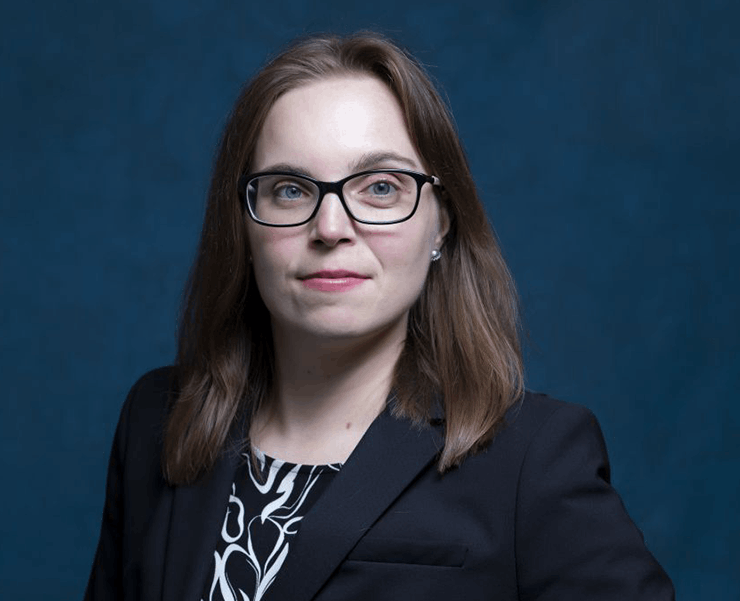
Pamela Foohey
Wall Street Journal
“The households that were on the financial ledge to begin with might have been tipped to the point where it’s hard to keep up on the car loan and everything else, and people have to make some very hard decisions.”
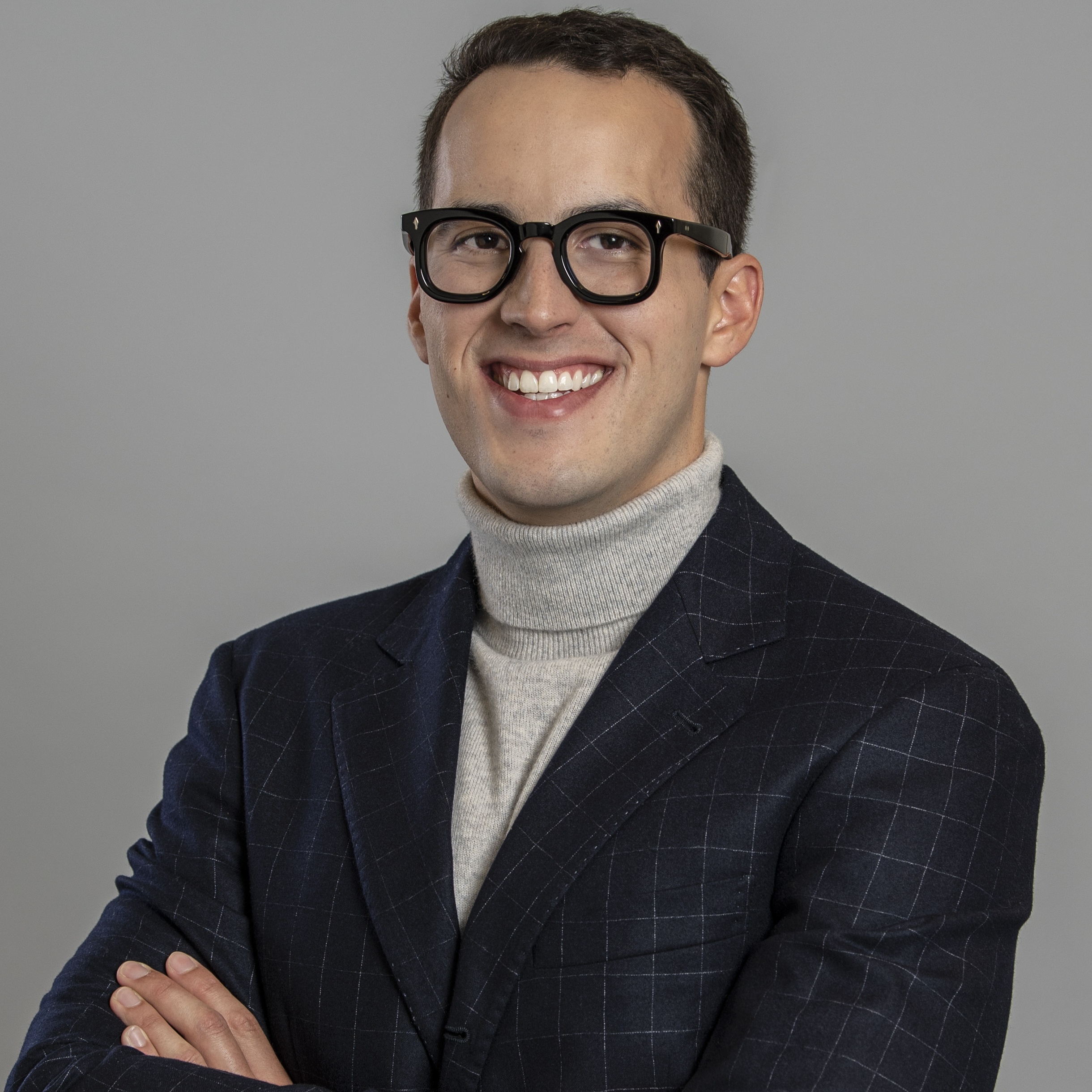
Luís Carlos Calderón Gómez
Tax Notes
“There’s a new tax avoidance/evasion scheme in town. In the past few years, high-net-worth and ultra-high-net-worth individuals have flocked to life insurance as the scheme du jour.”
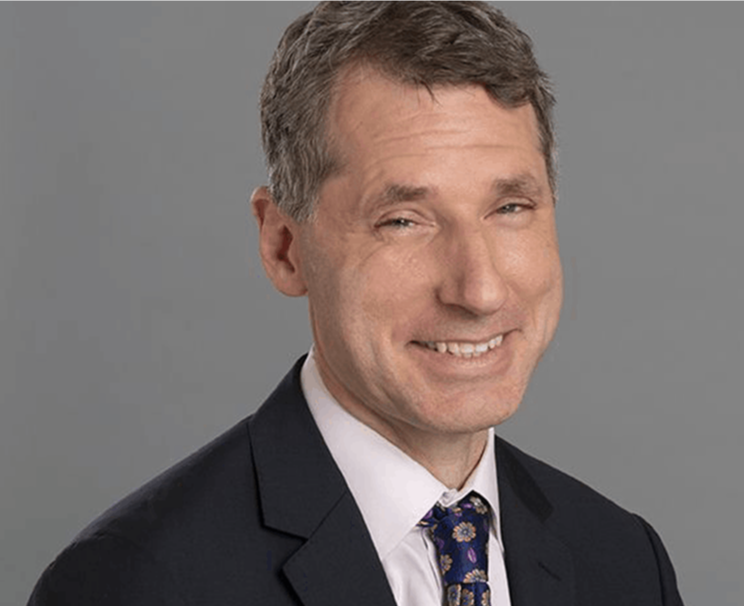
Alexander Reinert
NY Daily News
“The Board of Correction has made progress towards ending inhumane practices of restrictive confinement in New York, but the Department of Correction tried to end-run around those reforms with practices that we challenged here. We hope this litigation will ensure that the City permanently ceases this practice, and that the settlement will provide much-deserved compensation to the people who were subjected to it.”
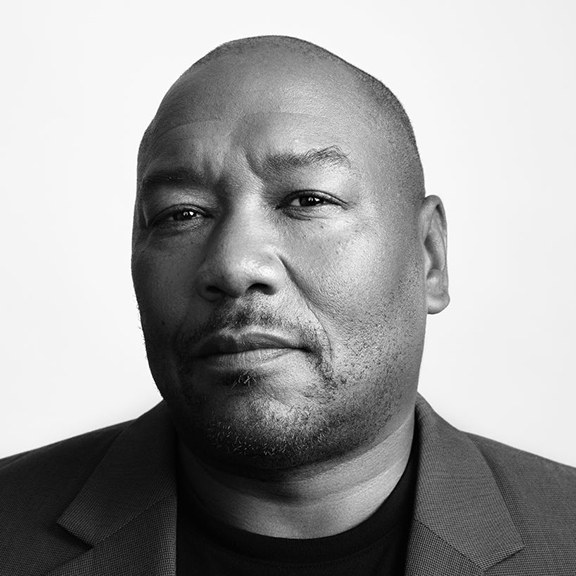
Derrick Hamilton
ABA Journal
“What I teach [the students at Cardozo] more than anything else is that their job as lawyers is to change the criminal justice system. We have an obligation to not just become lawyers but to improve the system… We should be involved in change.”
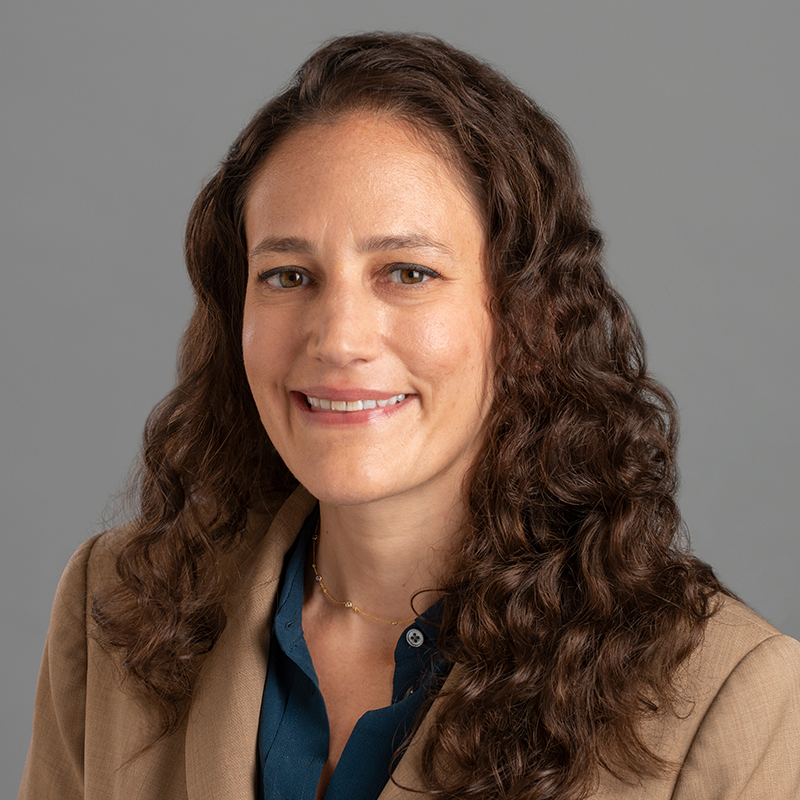
Kate Levine
Axios
“When you have these high-salience events, I think you do see charges in a way that you wouldn’t have perhaps in the past.”
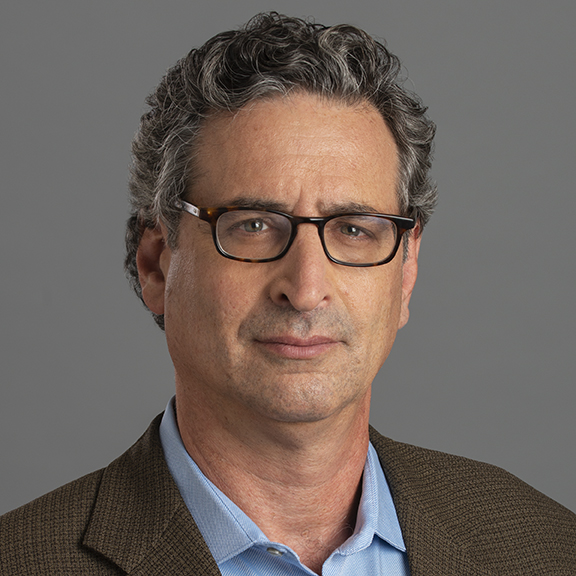
Anthony Sebok
The Hill
“Many startups continue to force arbitration in situations of alleged sexual misconduct. We’re going to see a ton of emails go out in the next week indicating that this is now the law. I’m concerned that the bill leaves out the people who are most deserving of judicial adjudication in the tech industry and beyond.”
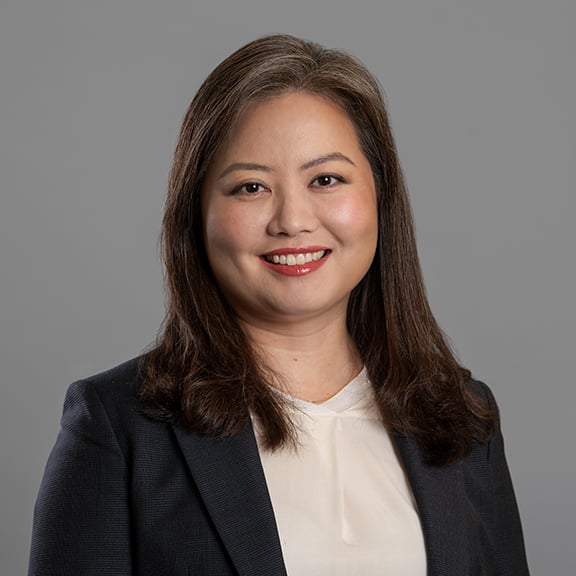
Young Ran (Christine) Kim
Bloomberg Law
“Maryland has said that it is going to use the tax revenue for educational programs, and I think this is a very good policy to achieve a more distributional goal for the state government.”
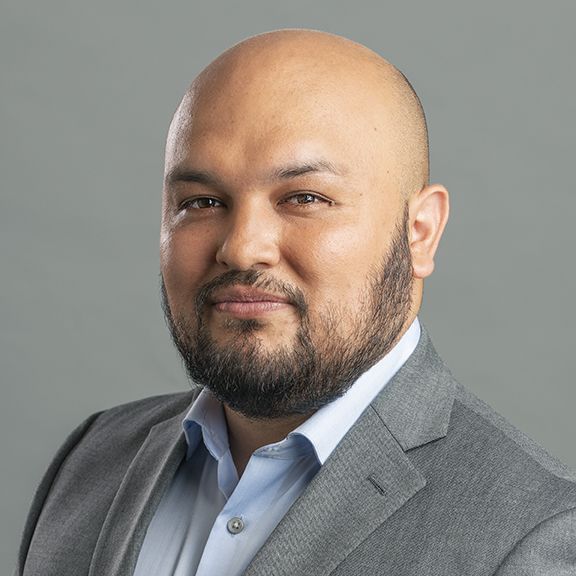
Mauricio Noroña
WNYC and Gothamist
“One of the most fulfilling experiences I’ve had working in the clinic was meeting Lorenzo and supervising the students who worked on his case. Despite the injustices he had endured in his life, Lorenzo remained relentlessly optimistic. This inspired the students to take on the highly complex factual and legal puzzle to secure his return.”
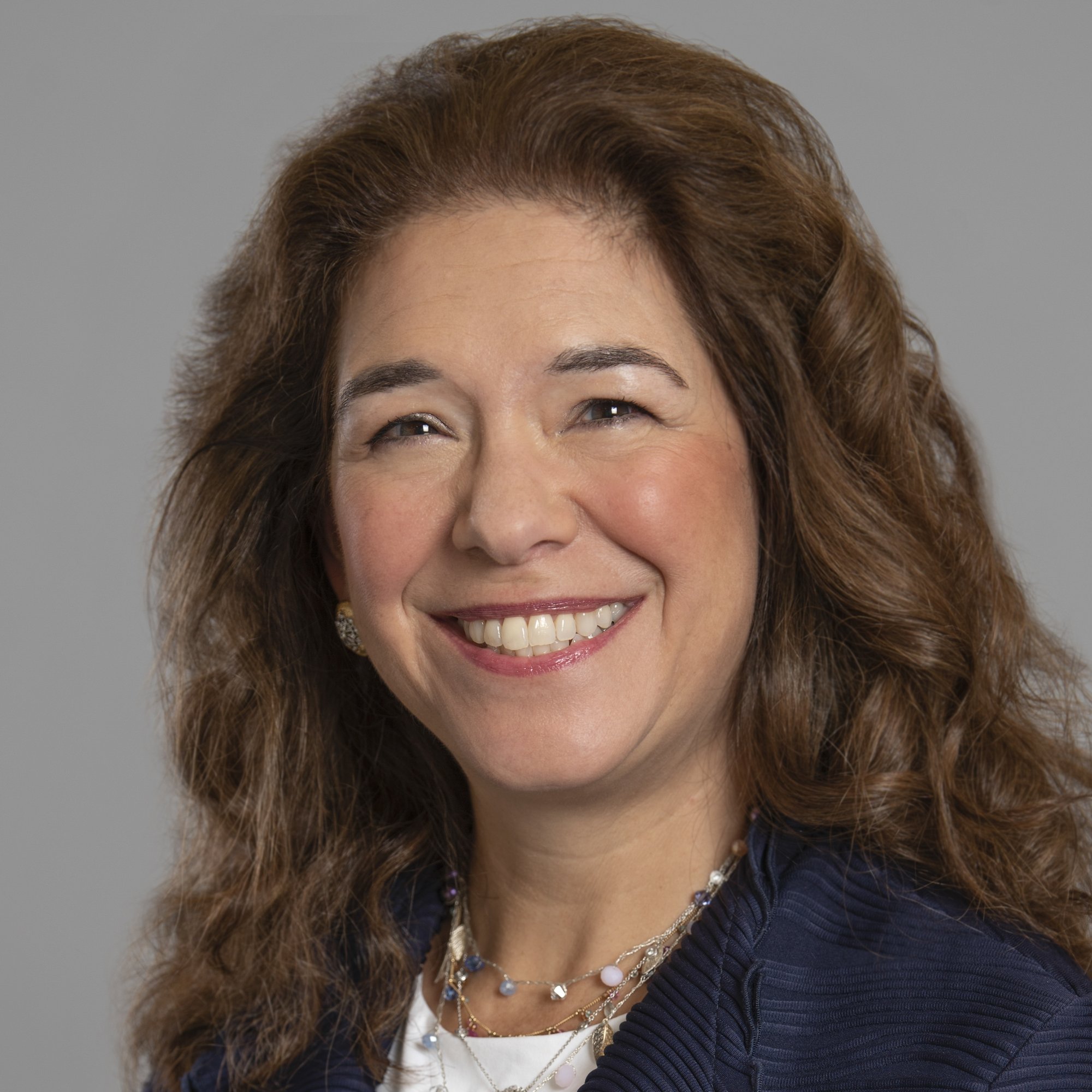
Andrea Schneider
CNN
“I think that’s hard with AI because they’re negotiating about something that no one is certain what the impact will be years from now.”
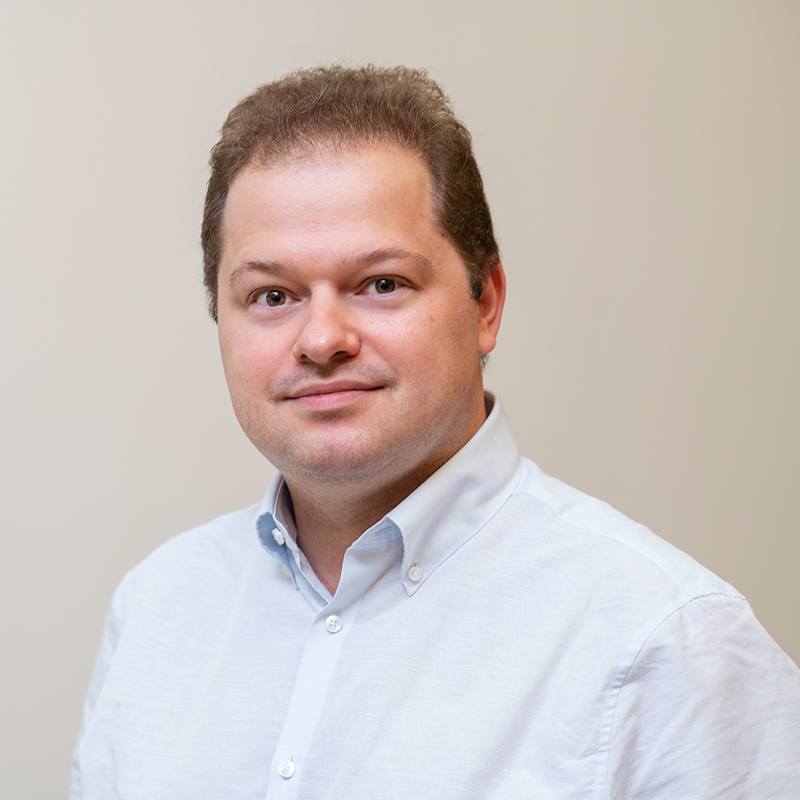
Dmytro Vovk
Newsweek
Vovk said that “at least 26” religious leaders had been killed in Ukraine since the war began on Feb. 24, 2022, while “many others” had been “detained, tortured or subjected to humiliating treatment.”
